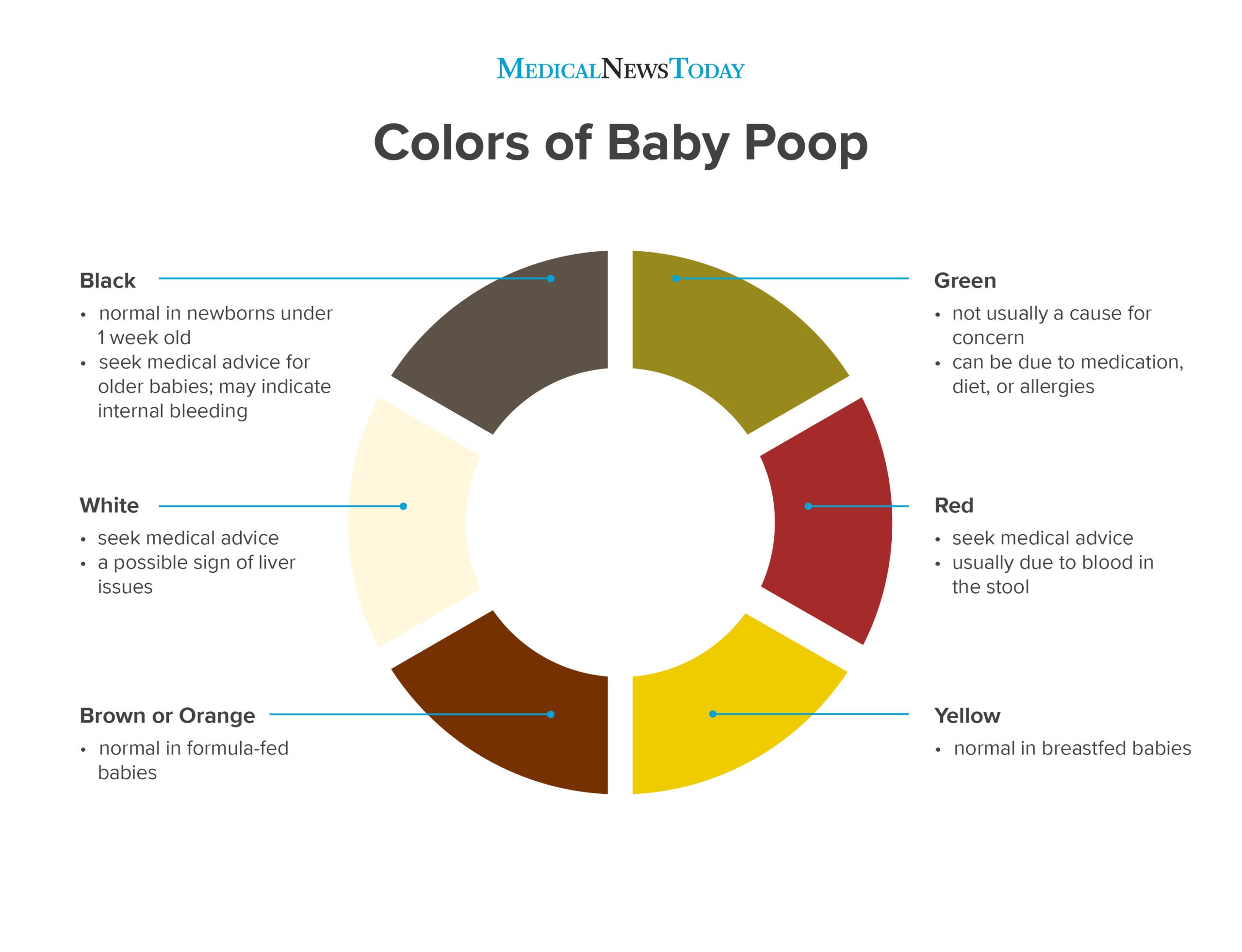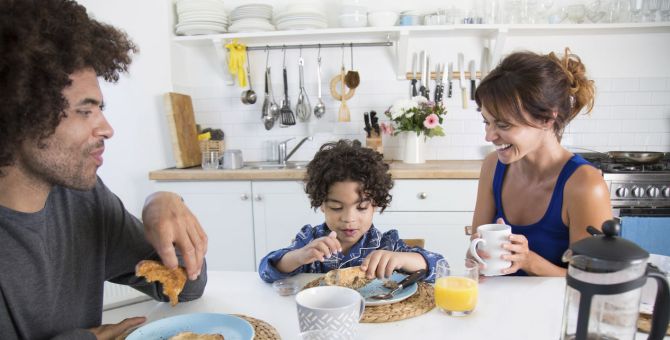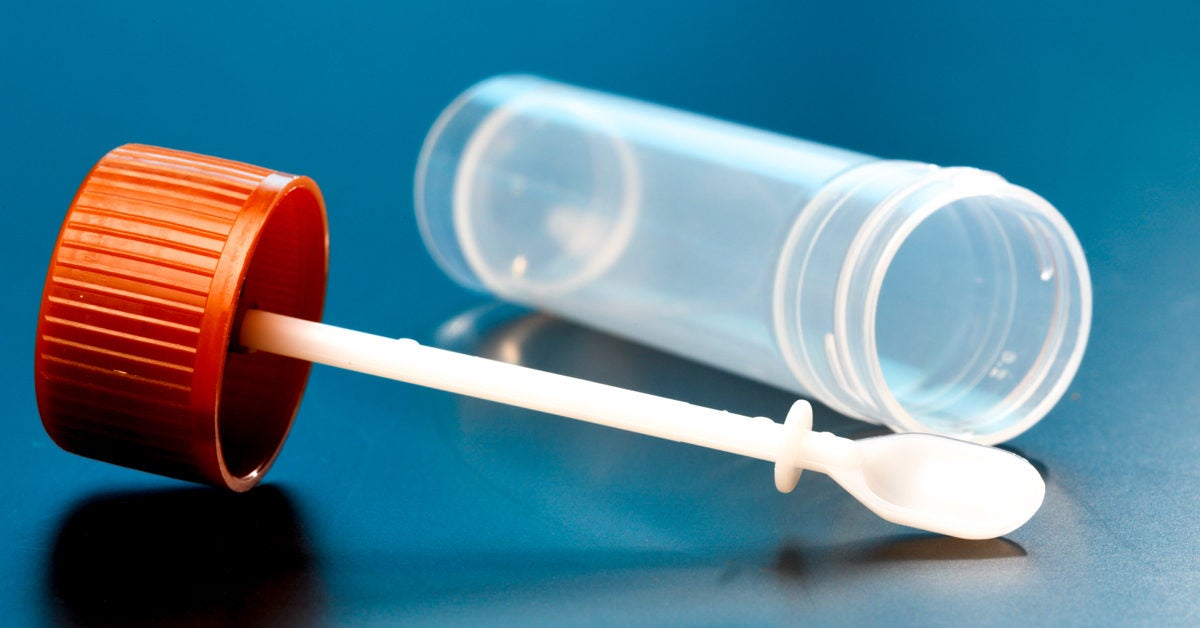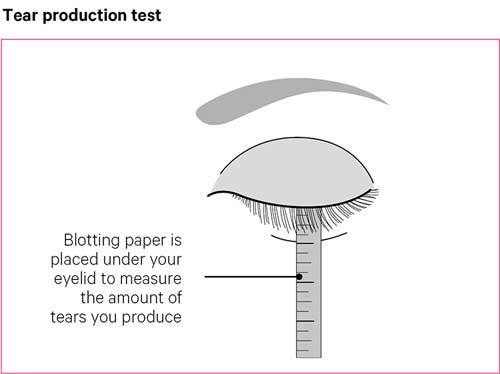Blood In Stool Child Diarrhea Nhs

Blood in your or your child s stool.
Blood in stool child diarrhea nhs. Any details you can give about the bleeding will help your doctor locate the site of bleeding. It s important to see your gp if the diarrhoea is particularly frequent or severe or associated with other symptoms such as. Stomach ulcer diverticular disease and diverticulitis. Last medically reviewed on march 20 2019 medically reviewed by stacy sampson d o.
Meckel s diverticulum should always be excluded in a child presenting with massive painless rectal bleeding. You or your child have bloody diarrhoea or bleeding from the bottom. Certain red foods such as tomatoes and other fibrous foods may cause red streaks or chunks in a baby s stool. Contact your gp or call nhs 24 s 111 service for advice if you re concerned about yourself or your child.
It is important to have a doctor evaluate any bleeding in the stool. 4 5 the patient usually reports bright red blood in the stools. If a baby s stool appears red it does not always mean the baby is passing blood. They can arrange a phone call from a nurse or doctor if you need one.
You or your child keep being sick and cannot keep fluid down. A severe or continuous stomach ache. Blood in stool diagnosis. However this is a common condition in children and is usually not serious.
Seeing blood on your child s stool can be frightening. X rays and scans ultrasound computerised tomography ct or magnetic resonance imaging mri may be needed and your child may need a colonoscopy in hospital under general anaesthetic. When noticing bloody stool the most common causes derive from hemorrhoids or anal fissures. There are many possible causes of bloody stools also known as rectal bleeding the most likely cause depends on the frequency and amount of blood and on your child s age and underlying condition.
Go to 111 nhs uk or call 111. If needed the initial tests will include blood tests and also a stool test. 111 will tell you what to do. Written by adrienne santos.
This is more common in children aged younger than 2 years and in males. Coli food poisoning or an intestinal parasite. Dark blood or poo with tummy pain or cramps. The amount may vary from minimal recurrent episodes to a large shock producing haemorrhage.
Any blood in the stool should still be evaluated by your child s pediatrician. Bleeding in the stomach or gut can be from injury or a side effect of blood thinning medicine like warfarin or aspirin. Most children with rectal bleeding don t need any tests. You or your child have diarrhoea for more than 7 days or vomiting for more than 2 days.
Bloody diarrhea however is generally not normal and can be caused by an intestinal infections such as e.









































